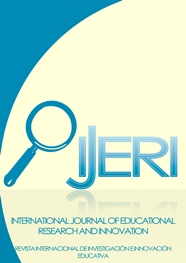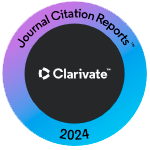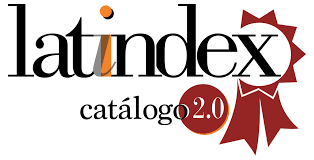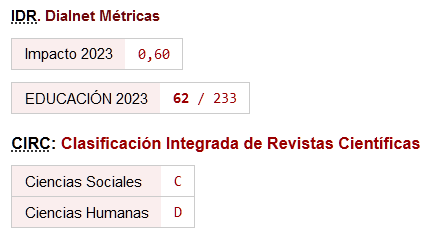A study of educational situation and family enviroment of students in vulnerable contexts
Palabras clave:
Educational situation, family context, academic performance, coexistence, vulnerable contextsResumen
It is evident that the family and social situation has an important impact on the educational development and on the academic performance of the students in Compulsory Secondary Education. Therefore, an unstructured family environment, problematic or with the presence of conflicts, will entail a greater risk of failure and school drop-out and, with this, higher rates of social exclusion. From this point of departure, it is considered necessary to evaluate the educational situation of students enrolled in Compulsory Secondary Education from vulnerable contexts. To this end, a quantitative investigation of a descriptive nature has been carried out. Among the objectives of the research are: to analyze the relationship between the training of parents and mothers and the academic performance of the students; check the relationship between the climate of coexistence in the home and the perception of conflicts and, finally; the influence of the hours of study that the student does at home, and their relationship to the grades in various subjects. Among the results is highlighted the direct relationship between the family climate, and the educational background of the mothers, and the academic performance of the students. It is also emphasized that the number of hours dedicated to study at home is not determinant for school success.











